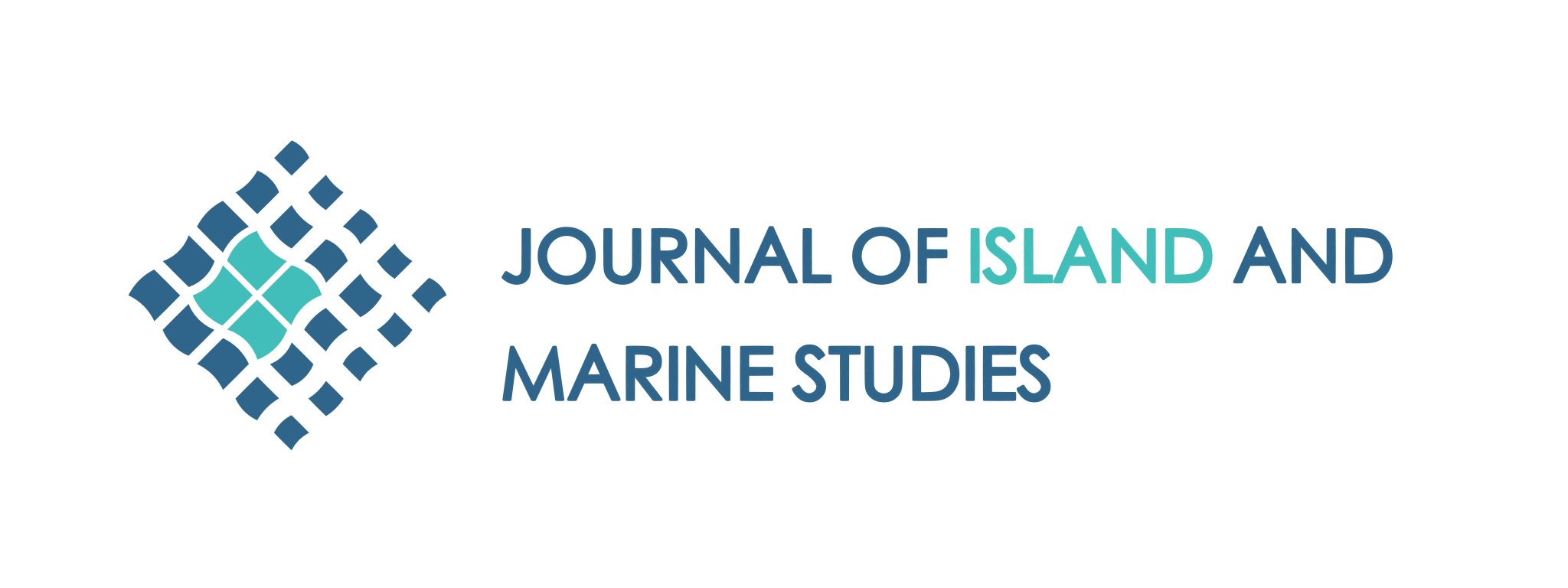Publication ethics
JIMS follows the Committee on Publication Ethics’ ‘Code of Conduct and Best Practice Guidelines for Journal Editors’. With the exception of book reviews and editorial introductions, all papers published in ISJ are subject to double-blind peer review, typically by two or three reviewers. This standard also applies to papers authored or coauthored by members of the JIMS editorial board. Peer reviewers will be asked to abide by the Committee on Publication Ethics’ ‘Ethical Guidelines for Peer Reviewers’.
In order to further guarantee ethical publishing, papers that focus on one or more Indigenous communities are subject to an enhanced review process: Either one or more of the double-blind peer reviews will be undertaken by a member of an Indigenous community or an additional, nonscholarly review will be undertaken by a member of an Indigenous community.
Conflicts of interest
Actual, potential, or apparent conflicts of interest must be declared at the time of article submission or as soon as such conflicts arise. Conflicts of interest include professional, business, financial, personal, or legal relationships between an author and an organisation being studied or discussed in a paper, which could influence the manner in which the research has been conducted and/or presented. Conflicts of interest are not in themselves reasons for rejecting a paper, but such conflicts may affect the way in which a paper is assessed. Failure to actual, potential, or apparent conflicts of interest may result in rejection of submitted articles or retraction or clarification of published articles.
